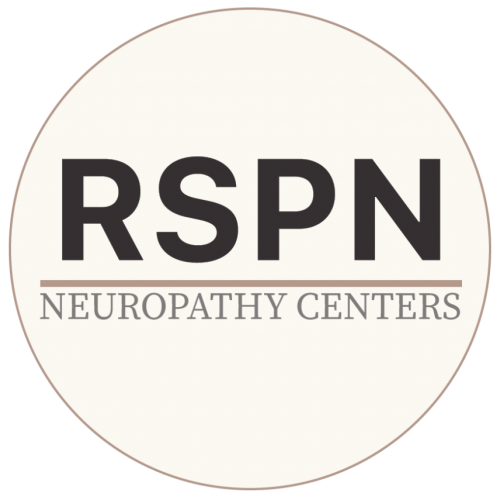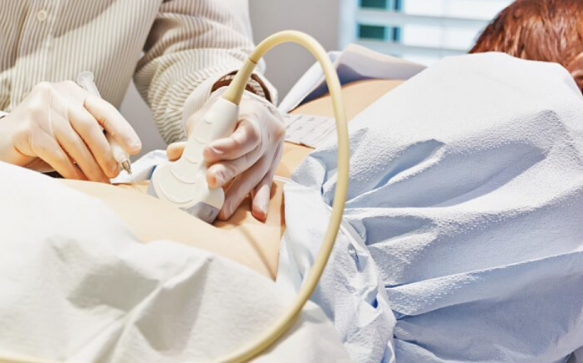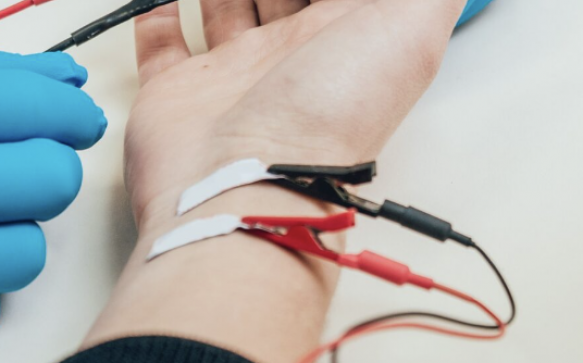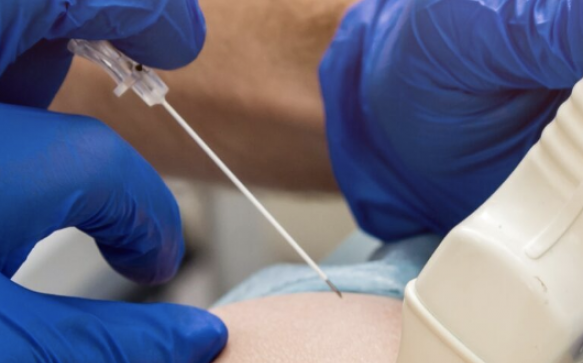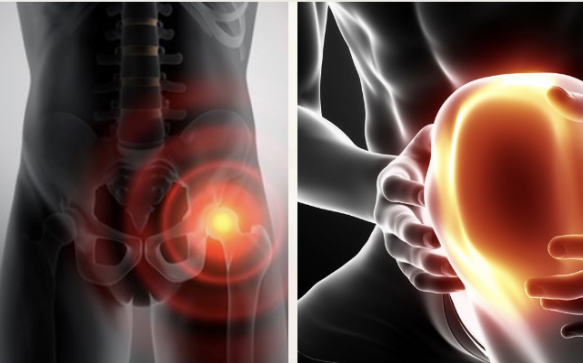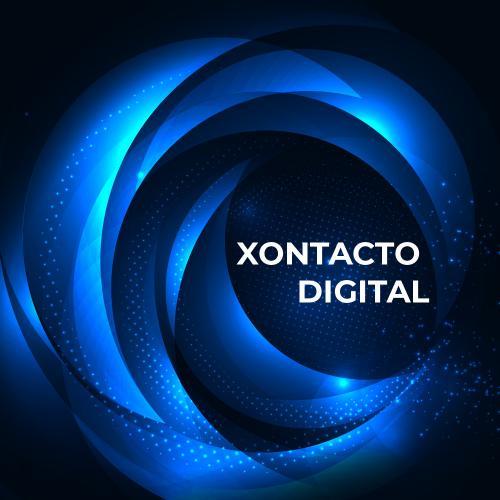Escribe aquí tu código
EMG/NVC Testing

EMG or Electromyography, as well called Nerve Conduction Velocity Test (NCV). Both are a nerve and muscle study/test showing how well your body’s nerves respond to mild electrical pulses. Also, a small pin is placed into several muscles to check the connection between your nerves and nearby muscles using sounds.
An EMG study is used to check for nerve compression and nerve damage, causing pain that radiates from the upper and/or lower back. Symptoms may include: severe pain, numbness, tingling sensations, weakness, or cramping that happens in the arms or legs. The doctor will then use the results of the EMG to determine the best treatments for your condition.
Symptoms such as pain, tingling, weakness, muscle spasms, difficulty buttoning clothes, handling objects, or problems walking may also indicate the need for an EMG.
Common conditions for an EMG test: Carpal Tunnel, Tarsal Tunnel, Cubital Tunnel Syndrome, Cervical/Lumbar Radiculopathy, Brachia! Plexopathy, Fibular Neuropathy, Peripheral Neuropathy, Pinched Nerve, Sciatica, Muscle Diseases, Muscular Dystrophy, Lou Gehrig’s Disease, Myasthenia Gravis, ALS.
Pruebas EMG/NCV
EMG o Electromiografía, también llamada Prueba de Velocidad de Conducción Nerviosa (NCV). Ambos son un estudio/prueba de nervios y músculos que muestran qué tan bien responden los nervios de su cuerpo a pulsos eléctricos leves. Además, se coloca un pequeño alfiler en varios músculos para verificar la conexión entre los nervios y los músculos cercanos mediante sonidos.
Se utiliza un estudio EMG para verificar si hay compresión nerviosa y daño nervioso, lo que causa dolor que se irradia desde la parte superior o inferior de la espalda. Los síntomas pueden incluir: dolor intenso, entumecimiento, sensación de hormigueo, debilidad o calambres en los brazos o las piernas. Luego, el médico utilizará los resultados de la EMG para determinar los mejores tratamientos para su afección.
Síntomas como dolor, hormigueo, debilidad, espasmos musculares, dificultad para abotonarse la ropa, manipular objetos o problemas para caminar también pueden indicar la necesidad de una EMG.
Condiciones comunes para una prueba de EMG: túnel carpiano, túnel tarsiano, síndrome del túnel cubital, radiculopatía cervical/lumbar, ¡braquia! Plexopatía, neuropatía del peroné, neuropatía periférica, nervio pinzado, ciática, enfermedades musculares, distrofia muscular, enfermedad de Lou Gehrig, miastenia grave, ALS.

